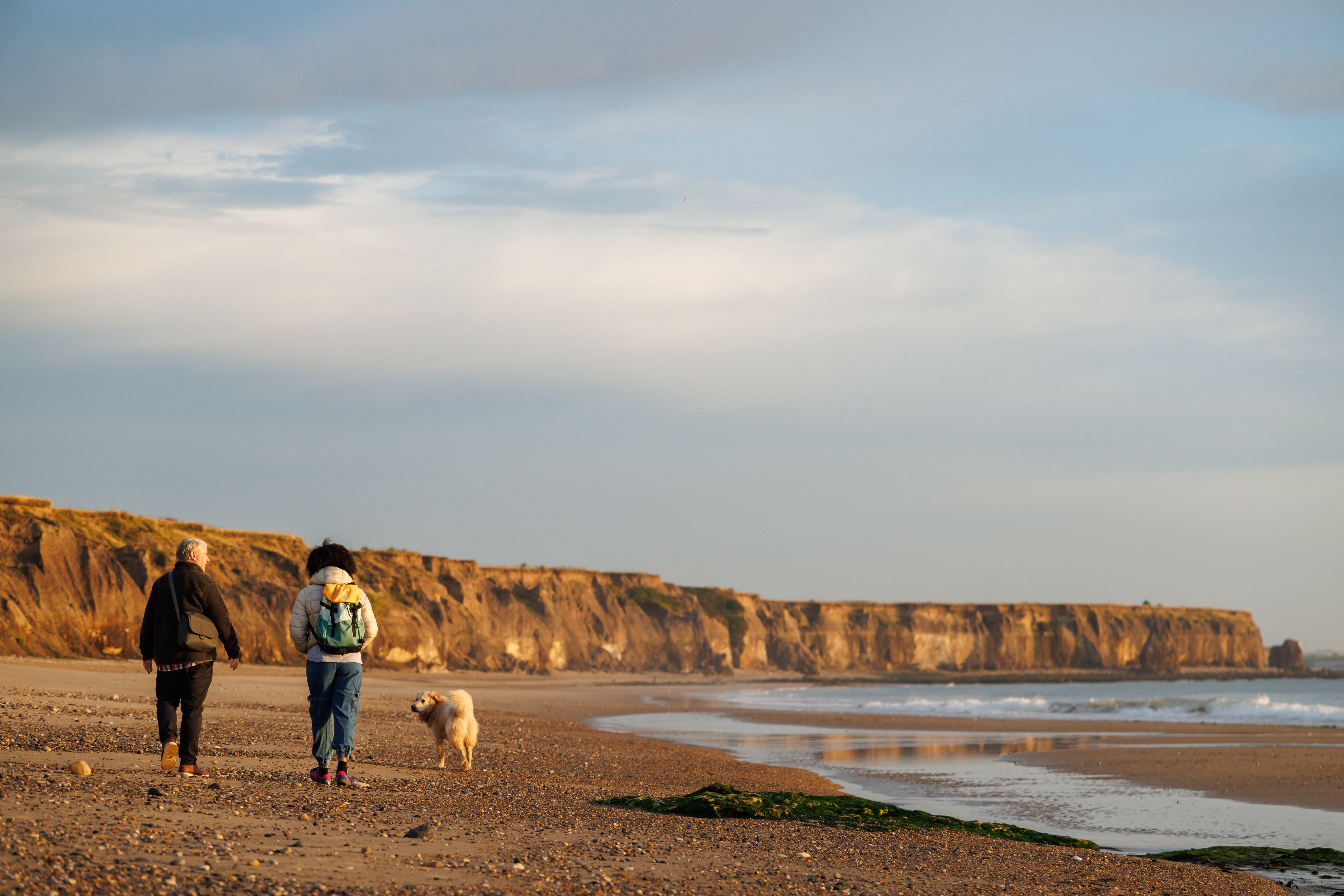
Go ahead for electricity superhighway
- Ofgem has given the green light to Eastern Green Link 1 – a new electricity superhighway along Britain’s east coast
- A joint venture between National Grid Electricity Transmission and SP Energy Networks, the £2.5bn project will transport enough clean, renewable electricity to supply 2 million homes
- The news comes as SP Energy Networks’ Branxton substation has been granted consent, enabling the connection of Eastern Green Link 1 and significant offshore wind generation
The backbone of the UK’s electricity system – the transmission network – will take another vital step forward following energy regulator Ofgem’s decision to green light the Eastern Green Link 1 project.
A joint venture between National Grid Electricity Transmission and SP Energy Networks, the £2.5bn project will see the installation of a 196km, high-voltage, bi-directional subsea electricity cable between Torness in East Lothian in Scotland and Hawthorn Pit in County Durham.
The link is essential to transport large volumes of electricity, enough to power 2 million homes, up and down the country. To support the link, two high-voltage direct current converter stations will be built – one in Torness and one in Hawthorn Pit – converting the alternating current of the UK’s electricity grid into direct current, the most efficient way for electricity to travel across such a distance.
Eastern Green Link 1 is part of multi-billion-pound investment in the UK’s transmission infrastructure, providing routes for new green electricity from offshore windfarms to travel across the UK to power homes and businesses. Without this investment, there will be no way to transport the significant amount of clean, green electricity, the UK is hoping to build in the North Sea onto electricity users.
Zac Richardson, Offshore Delivery Director for National Grid said: "Ofgem’s announcement is another critical milestone to support net zero and energy security ambitions. We now look forward to delivering supply chain contracts, jobs, and skills, and helping to fulfil the government’s ambition for the UK to be a clean energy superpower."
Pearse Murray, SP Transmission Director at SP Energy Networks, said: “Getting today’s go ahead for this critical green electricity superhighway is an important milestone. We look forward to developing this transformative infrastructure project, but given its technically complex and innovative nature other critical decisions remain to be taken and we continue to engage with Ofgem on these.
“This offshore link will transport enough electricity for 2 million homes alone and with three more links expected, the east coast could see electricity for over 8 million homes transported under the sea making a significant difference to the UK’s economic and climate ambitions.
“There is a huge pipeline of offshore wind projects waiting to be built, providing the UK with green, renewable electricity, these links will ensure the renewable energy generated doesn’t go to waste.”
Around £1.8bn of contracts have been awarded to deliver the project, including £750m with Prysmian Group to deliver the UK’s first 525kV HVDC electricity transmission cable. The consortium of GE Vernova and Metlen Energy & Metals have been awarded a £1bn contract to supply and construct two HVDC convertor stations, one at each end of the link.
The contracts are expected to bring a major economic boost to the UK during construction with significant works and components to be provided by UK based industries, including Staffordshire based GE Vernova providing the HVDC converter station equipment.
Construction work is expected to begin on the Eastern Green Link 1 project onshore in Spring 2025 with offshore works commencing in Summer 2025.
The offshore wind pipeline on the east coast has also been given a boost following the news that Branxton substation has been given consent. The 400kV substation will be built in Branxton, East Lothian and will connect both the Eastern Green Link 1 project and provide the connection for a proposed offshore windfarm in the area. Work on the substation is set to begin in 2025.
National Grid Electricity Transmission and SP Energy Network already own and operate the Western Link, the world’s highest capacity subsea cable and one of the longest, connecting Hunterston in Scotland to Connah’s Quay in Wales. Operational since 2017, the link supported over 450 jobs during planning and development and has transmitted over 30,000GWh of electricity during its first five years of operation – enough to power all the homes in Wales for the same period.


